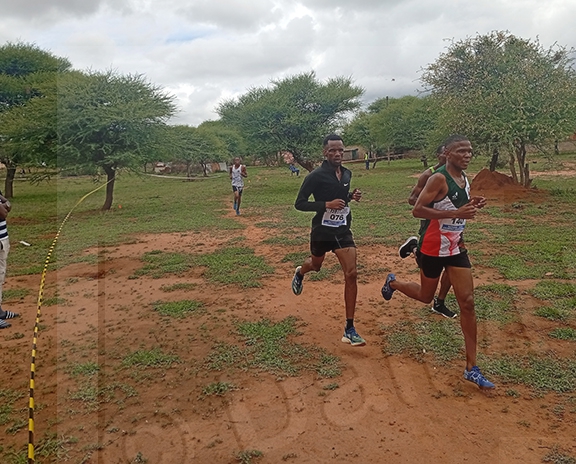Anti-doping rules regulations knowledge critical8232
30 Mar 2015
Medical practitioners have been advised to study the World Anti-Doping Code and Regulations to keep abreast of prohibited substances in sport.
Briefing medical professionals in Gaborone on Saturday, Botswana National Anti-Doping Committee member, Basadi Akoonyatse, said it was imperative for sport codes, administrators, coaches and medics to abide by the anti-doping regulations at all times.
She stated that Botswana, having signed the UNESCO International convention against doping, had to stand by the rules and ensure that citizens were educated on anti-doping matters.
Akoonyatse said failure to adhere to the UNESCO convention by government might result in major repercussion.
She said medical practitioners should familiarise themselves with Therapeutic Use Exemptions (TUEs) where some athletes were allowed to use certain banned substances for medical reasons without it being a doping offence.
She said it was a serious offence for a Botswana medical practitioner to prescribe banned substances to athletes more so that Botswana had signed the UNESCO treaty hence stressing that all medical practitioners should study the rules.
Akoonyatse further said even coaches should not deny testing personnel access to athletes, there was also smart testing for a particular sport where that code was at risk of doping.
She stated that Botswana depended on labs in South Africa for sample testing adding that Regional Anti-Doping Organisation assisted all countries that do not have up and running structures.
“Since 2009 we have been successfully testing athletes across all codes who have competed in international competition where samples are sent to the Bloemfontein lab in South Africa,” she said. The committee member further called on stakeholders to support Anti-Doping Initiatives and advocate for clean sport.
Presenting on Therapeutic Use Exemptions (TUEs), Dr Patrict Masokwane, said for athletes to be allowed to use banned substances, a well-documented and justified report was required from a medical practitioner.
He said in this case the particular substance should not produce any additional enhancement of performance but only for the medical purpose. Dr Masokwane who is a certified TUEs doctor said TUEs in different countries should have sound knowledge of clinical sport and exercise medicine.
“It is imperative that in a case where an athlete needs a doping substance for therapeutic purposes National anti-Doping Organisation should be notified.” He said so far in Botswana there has not been any TUEs application mainly because people lack education on the issue adding that it was likely that athletes were taking it without certificates.
The workshop was one of Botswana National Olympic Committee (BNOC) workshops which are organised to continually sensitise and keep the sporting fraternity up to date on anti-doping issues. BOPA
Source : BOPA
Author : Portia Keetile
Location : Gaborone
Event : Workshop
Date : 30 Mar 2015







